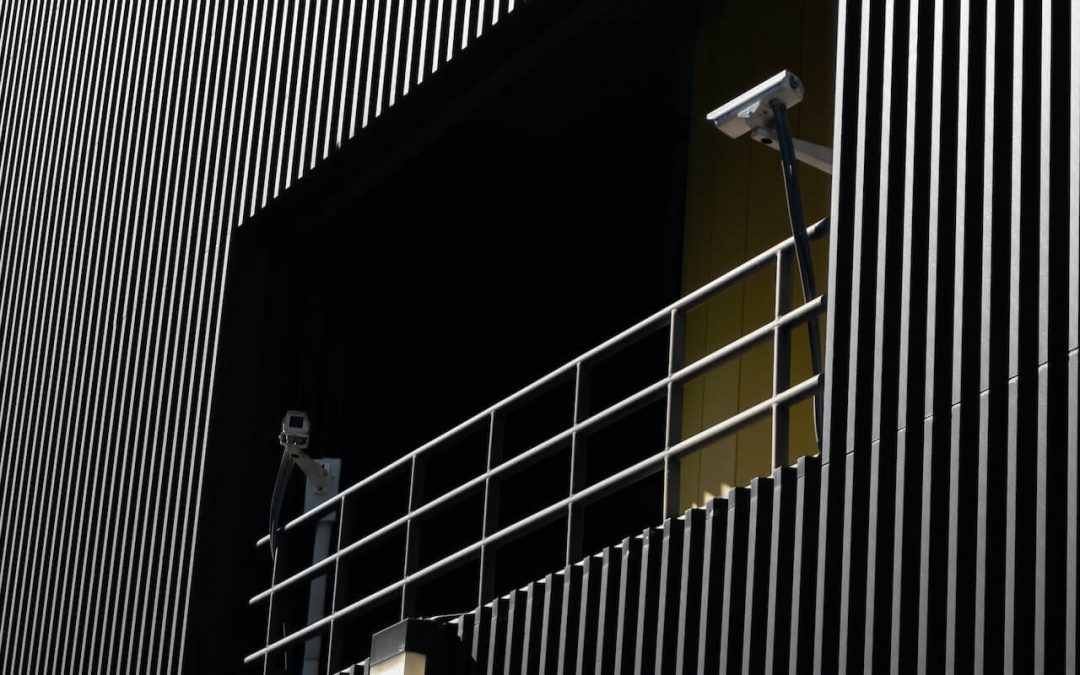Popularity of surveillance cameras in condos is rising, but is it legal? While homeowners may equip their homes with surveillance devices for security purposes as they see fit, the situation is quite different for condo occupants.
Indeed, the installation of a surveillance camera in a condominium is subject to certain rules and the protection of personal information and legal privacy rights, some of which are enacted by the legislature and others arising from case law.
Can the syndicate install a surveillance camera in a condo?
The installation of surveillance cameras without a vote of the GM
If the building has been subject in the past to thefts or acts of vandalism, the board of directors or the firm in charge of the condo syndicate management may have surveillance cameras installed in the condominium.
In this context, the use of such a device is justified and in line with the mission of the condo syndicate to ensure the surveillance, preservation, and safety of the occupants of the building.
The agreement of the GM is necessary in some cases
However, when the condominium has not been subject to any theft or act of vandalism, the installation of surveillance cameras in the condominium is comparable to work to improve the common areas.
Unlike tasks relating to the building maintenance management, this work must be subject to a vote of authorization at the general meeting by an enhanced majority and receive more than 50% of the votes of all co-owners.
Surveillance cameras in condos: regulated use
The syndicate must inform residents of the presence of cameras
When condo syndicates implement security measures, they must make sure to reconcile the installation of security cameras in condos with the privacy concerns. It is therefore necessary for this installation to meet several requirements:
- cameras placed in common areas must be visible and not target one or more specific units (entrance doors, balconies, residents’ windows, etc.);
- to comply with the provisions of section 36 of the Civil Code of Québec, the residents of the building must be informed of the presence of security cameras in the common areas.
The management and consultation of the recordings
Setting up video surveillance cameras in a condominium by the condominium association must address a real need to strengthen the security of the building:
- due to past thefts or acts of vandalism;
- felt by owners who want to strengthen the security of their condominium.
The syndicate must ensure that the image retention policy respects this objective and:
- grants access to security recordings to a limited number of people (director, manager, people in charge of the security of the building);
- does not allow public access or any co-owners to view them;
- does not distribute or transmit the video recordings to third parties, except in the case of a police or legal investigation, particularly to identify perpetrators of thefts or acts of vandalism within the condominium.
A decision that is debated at general meetings of co-owners
In recent years, faced with the boom in the short-term condominium rental market, many syndicates have chosen to install video surveillance cameras within their condominiums. This decision frequently gives rise to debates at general meetings of co-owners, since a fair balance between security and individual privacy rights needs to be found. Do not hesitate to ask for legal advice if you have any doubt.
Is it legal to have a surveillance camera?
According to privacy laws, individual owners may install a surveillance camera and alarm device to ensure the security of their homes. No prior authorization is required. Tenants and residents of condominium communities, however, must request authorization.
What are the regulations regarding surveillance cameras?
Recording activities of public roads or any property other than one’s own is prohibited. An individual camera owner may only record their yard or the inside of their property. A condominium must only record the common areas (hallways, building entrance) to guarantee the resident safety.
What are the authorizations required for a surveillance camera?
The authorizations depend on the person in charge of security and the place being monitored:
- Individual owners do not require authorization.
- In a condominium, the authorization of the general meeting of co unit owners is required if the surveillance involves the common areas.
- Merchants, professionals, and public entities must obtain authorization from the prefect to record public roads.

